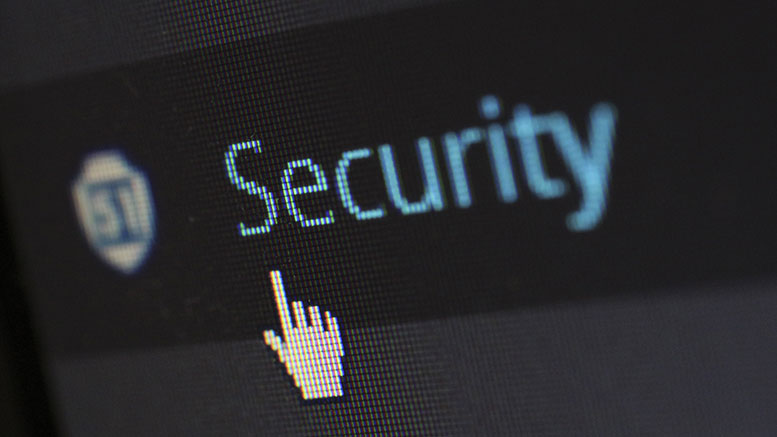How the pandemic increased scams for small businesses – Small Business Corner
2020 saw a year nobody will ever forget as the largest pandemic of the modern age swept around the world. Obviously, this caused all sorts of issues, for people in all walks of life. Small businesses were hit hard, with many facing financial problems or not being able to trade, but another huge issue to deal with was around online scams, which continued to grow through the pandemic.
What are online scams?
Online scams come in so many different forms. Everything from baiting people with fake websites, phishing via email accounts to install harmful software and even pretending to be a trusted colleague or friend and asking for money.
Online scams have come a long way from the spam emails you might have seen 20 years ago. In 2019, 3.2 million cases of fraud were reported.
How the pandemic caused an increase in scams
For a lot of scammers, Coronavirus represented an opportunity. There were new ways for them to scam people, with banks even having to issue statements showing common scams people were falling for.
Some of the scams seen included:
- People posing as government agencies offering support.
- People posing as banks giving access to recovery funds or other financial aid.
- Suppliers and partners getting their accounts compromised by scammers and stealing your data.
- Text messages from banks requesting you to provide bank details or verify other information regarding your account.
The impact of these scams
For small businesses, the impact of scams can be fatal. Facing a loss in income can be harder to deal with for a small business which doesn’t have a big financial cushion. Some traders rely on their income every month.
It is also estimated that tens of thousands of job losses stem from different types of fraud that are faced by online businesses and other small and medium enterprises, as outlined in this report. The ripple effect can harm more than just the business owners.
How to protect against scams
- Be wary of any email or cold call and always verify who is contacting you.
- Never enter your personal details on a site you are unsure of.
- Check industry trends to see the ways in which people are currently getting scammed.
- Educate your staff.
- Get a quality antivirus.
- Use identity monitoring to see if your details have been compromised.
Conclusion
The pandemic has introduced so many challenges for businesses and the increase in fraud is just one of them, but if you are able to take precautions you stand a good chance of avoiding getting scammed by an unscrupulous fraudster.
About the author:
 David Lukić is an information privacy, security and compliance consultant at IDstrong.com.
David Lukić is an information privacy, security and compliance consultant at IDstrong.com.
The passion to make cyber security accessible and interesting has led David to share all the knowledge he has.
We hope you find this information helpful!
Want to learn more about marketing your business?
Check out this free class: 10 Easy Ways to Promote Your Business.
Want to be on our recommended experts/businesses list?
Sign up for a business listing.







Be the first to comment on "How the pandemic increased scams for small businesses – Small Business Corner"